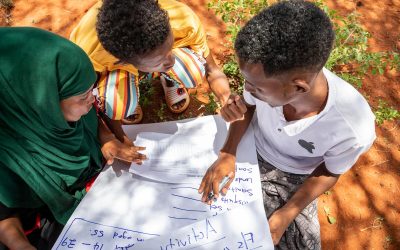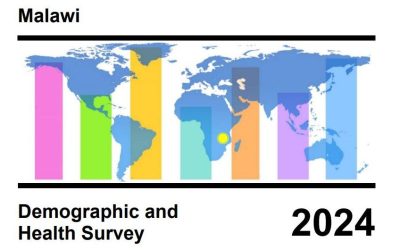Resources
JDC Literature Review
The JDC publishes a regular literature review that summarizes recent publications and academic scholarship on issues related to forced displacement. The Literature Review Database contains all of the summaries to date and is searchable by key words, author, year and country.
The center also publishes Digest which synthesizes the latest research on a specific area related to forced displacement by a guest contributor.
Access the JDC Forced Displacement Literature Review
Latest JDC Literature Review Updates
Latest Publications and Reports
2022 Uganda Demographic and Health Survey
The 2022 Uganda Demographic and Health Survey (UDHS) provides crucial data on the socio-demographic and health conditions of Uganda’s refugee population, highlighting key challenges in areas such as fertility, family planning, and healthcare access. The survey, which includes a dedicated refugee module, offers insights that will inform policies aimed at improving the well-being and integration of refugees within the broader Ugandan society.
Expanding Development Approaches to Refugees and Hosts in Ethiopia
The primary objective of the 2024 SESRE is to provide up-to-date estimates on the socio-economic conditions of refugees and their host communities, including demographics, employment, education, welfare, and social cohesion.
2024 Malawi DHS Key Indicators Report
The 2024 Malawi Demographic and Health Survey (2024 MDHS) was conducted by the National Statistical Office (NSO) from May 13 to August 31, 2024. The primary objective of the 2024 MDHS is to provide up-to-date estimates on fertility, family planning, maternal and child health, childhood nutrition, disease prevalence, and health service utilisation.





